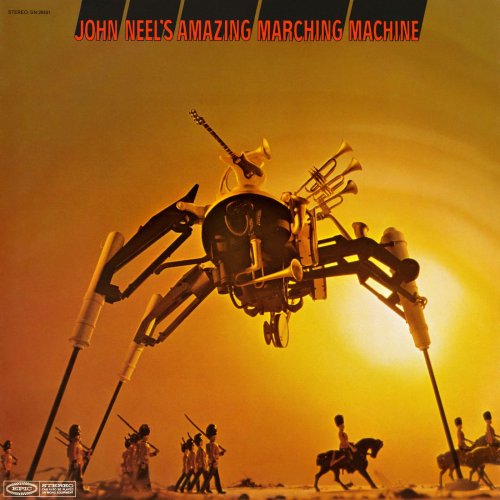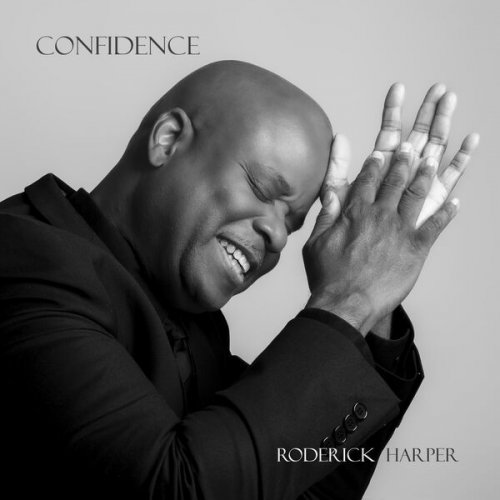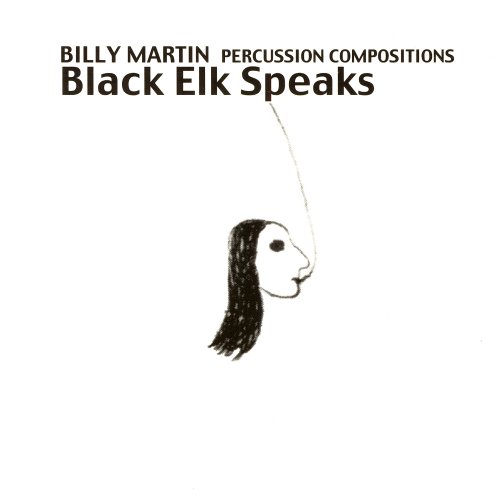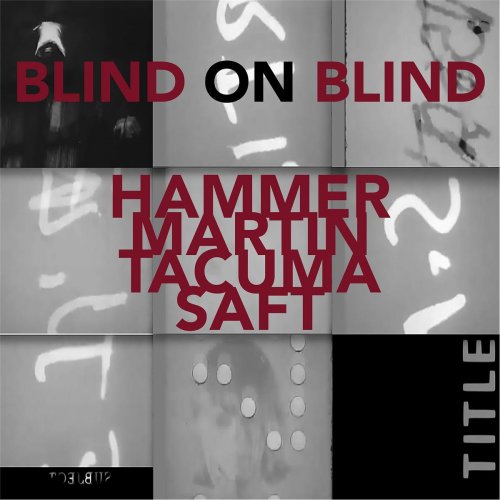Lev Oborin, Evgueni Mravinski / David Oistrakh, Rafael Kubelik - Aram Khatchaturian - Piano & Violin Concerto (2004)
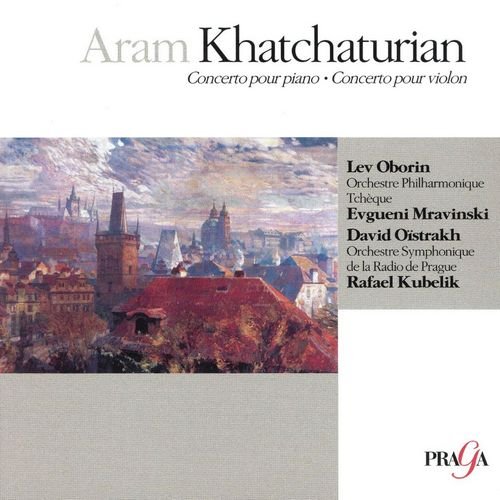
Artist: Lev Oborin, Evgueni Mravinski / David Oistrakh, Rafael Kubelik
Title: Aram Khatchaturian - Piano & Violin Concerto
Year Of Release: 2004
Label: Praga
Genre: Classical
Quality: FLAC (image+.cue,log,scans)
Total Time: 01:03:52
Total Size: 271 Mb
WebSite: Album Preview
Tracklist: Title: Aram Khatchaturian - Piano & Violin Concerto
Year Of Release: 2004
Label: Praga
Genre: Classical
Quality: FLAC (image+.cue,log,scans)
Total Time: 01:03:52
Total Size: 271 Mb
WebSite: Album Preview
Concerto pour piano en Re bemol majeur ' 30:50
1. Allegro non troppo e maestroso [12:20]
2. Andante con anima [9:25]
3. Allegro brilliante [9:00]
Lev Oborin, piano
Orchestre Philarmonique Tcheque
dir. Evgueni Mravinski
1 juin 1946
Concerto pour violin en re mineur ' 32:50
4. Allegro con fermezza [12:45]
5. Andante sostenuto [11:15]
6. Allegro vivace [8:40]
David Oistrakh, violin
Orchestre Symphonique de la Radio de Prague
dir.Rafael Kubelik
15 mai 1947
These performances of Khachaturian's concertos for piano and violin are almost but not quite definitive. Both works are played by the performers for whom they were composed, Lev Oborin in the Piano Concerto and David Oistrakh in the Violin Concerto, and both receive performances of complete commitment, total dedication, utter authority, and unbelievable virtuosity. Both works are conducted by two of the greatest conductors of the twentieth century -- Yevgeny Mravinsky and Rafael Kubelik -- and both receive performances that are overwhelmingly precise and overpoweringly passionate. But while the Czech Philharmonic and the Prague Radio Symphony Orchestra give the performances and the conductors the best they have -- and their best is fully world class -- they still don't quite sound Slavic enough for the music. That is, they play like an elegant Western orchestra when Khachaturian's music demands less refinement and more vitality. Nevertheless, anyone who knows and loves these works and is looking for recordings by the performers who know and love these works could hardly do better than to hear these performances.
Recorded in 1946 and 1947, the antique sound of these performances is, however, only for anyone who is willing to overlook more than 50 years of technological improvements.
Recorded in 1946 and 1947, the antique sound of these performances is, however, only for anyone who is willing to overlook more than 50 years of technological improvements.

